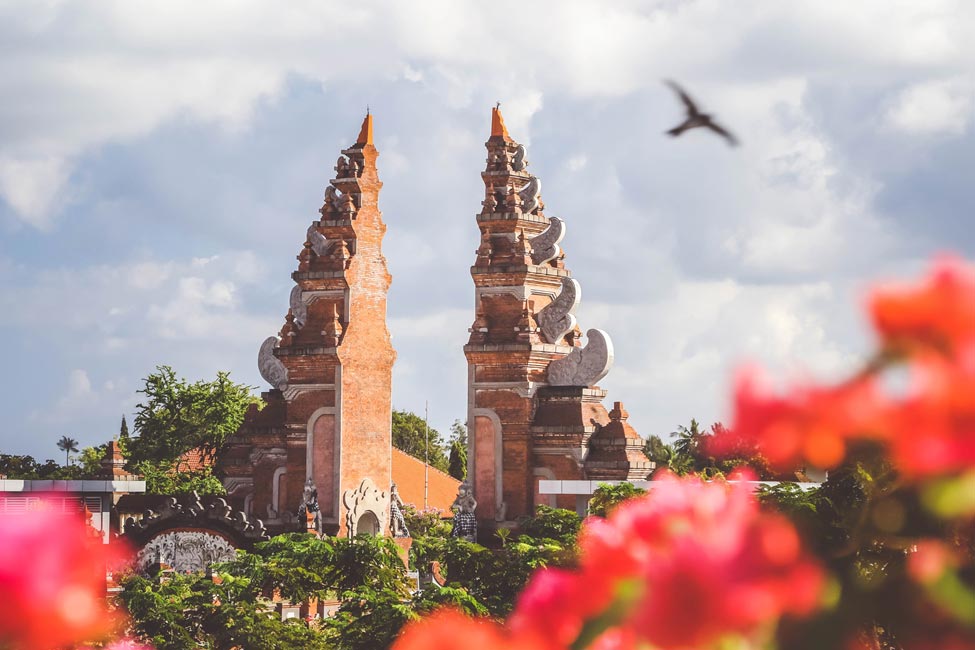What does the JETP set out achieve?
During the G20 Summit held in November 2022, Indonesia and the International Partners Group (IPG) - led by the United States and Japan and including Canada, Denmark, the European Union, France, Germany, Italy, Norway, and the United Kingdom - announced the second ever Just Energy Transition Partnership (JETP). The Joint Statement is a commitment from the IPG to mobilise an initial USD 20 bn from public and private finance over the next three to five years, to keep Indonesia's commitments to the Paris Agreement and the global warming limit of 1.5°C above pre-industrial levels within reach. The available finance will consist of a mix of grants, concessional loans, market-rate loans, guarantees, and private investments. Of the total investment, public sector pledges account for USD 10 bn, with the private sector aiming to mobilise the remaining USD 10 bn via the support of financial institutions coordinated by the Glasgow Financial Alliance for Net Zero (GFANZ).
The JETP Joint Statement targets a peak in power sector emissions of no more than 290 MtCO2 by 2030 and net-zero emissions by 2050, while also reaching a minimum of 34% renewable share of electricity generation by 2030. Given Indonesia's heavy reliance on coal, the Joint Statement includes various measures to phase-down on- and off-grid coal-fired power plants, including accelerated retirement and freezing of the development of on-grid coal-fired power plants, as well as restricting the development of captive coal-fired power plants. The JETP emphasises the importance of a just transition for workers, communities, and vulnerable groups directly and indirectly affected by the accelerated energy transition. In particular, it aims to create new opportunities for low-carbon jobs and promote economic development, while also mitigating potential socio-economic losses that result from the transition.
 Photo by Jeremy Bishop
Photo by Jeremy Bishop
What is currently happening?
The Indonesian JETP Secretariat, hosted by the Ministry of Energy and Mineral Resources and supported by the Asian Development Bank (ADB), is leading the current process of developing the first iteration of the Comprehensive Investment and Policy Plan (CIPP) by November 2023. The Secretariat has established four Working Groups. The Technical Working Group assists in developing a decarbonisation roadmap for the power sector to meet the milestones set out in the Joint Statement. The Finance Working Group proposes the structures for investments and facilitate funding efforts. The Policy Working Group provides policy recommendations to facilitate a just transition. And, the Just Transition Working Group is responsible for defining environmental, social, economic, and governance principles for the transition and mitigating risks to vulnerable groups.
On 1 November 2023, the Indonesia JETP Secretariat released a draft version of the CIPP for public consultation. Following the discovery of a significant captive coal pipeline that could potentially lead to approximately 30 GW of installed capacity by 2030, analysis by the Technical Working Group indicates that reaching all the joint conditional targets “may not represent a realistic decarbonization pathway” if there is no intervention for planned captive coal. As a result, the Government of Indonesia and the IPG have agreed to focus on a pathway for Indonesia’s on-grid power system in the first iteration of the CIPP, with a following study on the decarbonisation roadmap for Indonesia’s off-grid system to be conducted in the first half of 2024.
This agreement resulted in a set of new targets, including limiting on-grid emissions to 250 MtCO2 by 2030, increasing the share of renewable energy in the on-grid power mix to 44% and to reach net-zero emissions in the on-grid system by 2050. Although interventions for captive coal have yet to be identified, the JETP Secretariat envisioned 1.7 GW on-grid coal fleet to be retired by 2040, funded through the Energy Transition Mechanism, and may further retire or repurpose remaining coal and gas plants between 2040-2050.
The CIPP is a living document that will continuously be updated, its first iteration will officially be launched on 21 November 2023. The public consultation draft of the investment and policy plan can be downloaded from the JETP website: http://jetp-id.org.
The Further Resources portal includes key resources and events related to Indonesia's JETP, including analysis, commentary and official documents to enable readers to access a broad range of relevant materials to inform and shape the direction of Indonesia's energy transition.
To contribute to the JETP related resources and/or events, please click here to register as a member and then upload the materials from your member dashboard. Do not forget to choose the "JETP Indonesia" topic while adding a new publication, article or event. If you have further questions, please write to us at info@sipet.org.